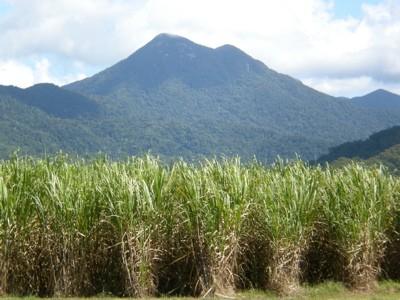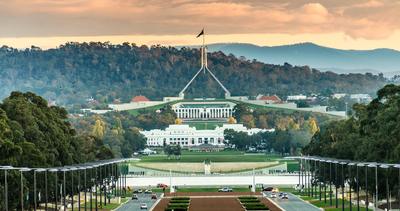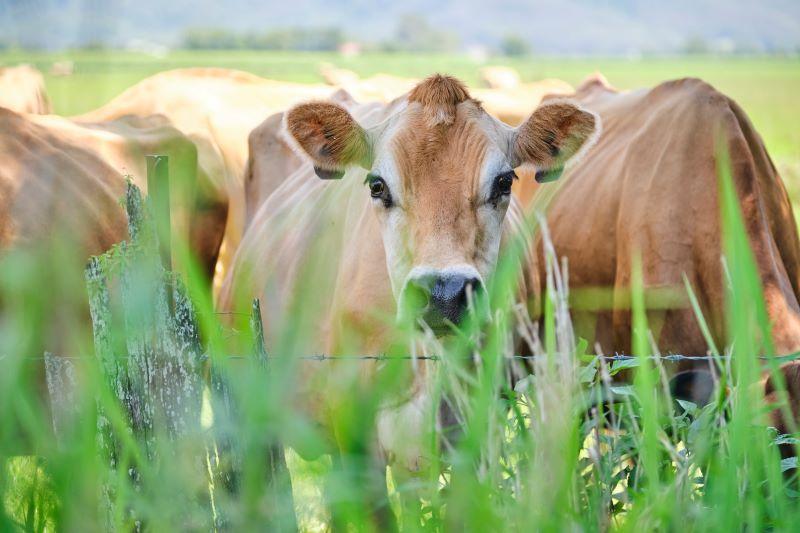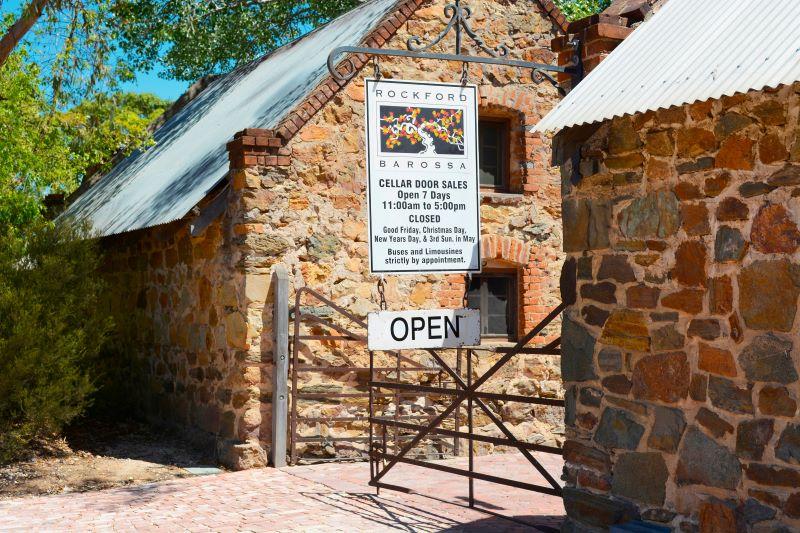Farmbuy FAQ
Frequently Asked Questions (FAQs) - Farms For Sale


Farmbuy.com Answers Most Frequently Asked Questions About Farms For Sale Australia
Australia's leading specialist rural property for sale wesbite Farmbuy.com provides detailed answers to the most Frequently Asked Questions (FAQ's) about farms for sale Australia.
We have answers to questions about how to buy your first farm, how much it costs to buy a farm, how to get finance to buy a farm, how to make money on a farm, and lots more!
How To Get A Small Farm Grant: Farmbuy.com Guide
Federal, state and local governments have all sorts of grants and support programs that can help kick off or sustain your agricultural dreams.
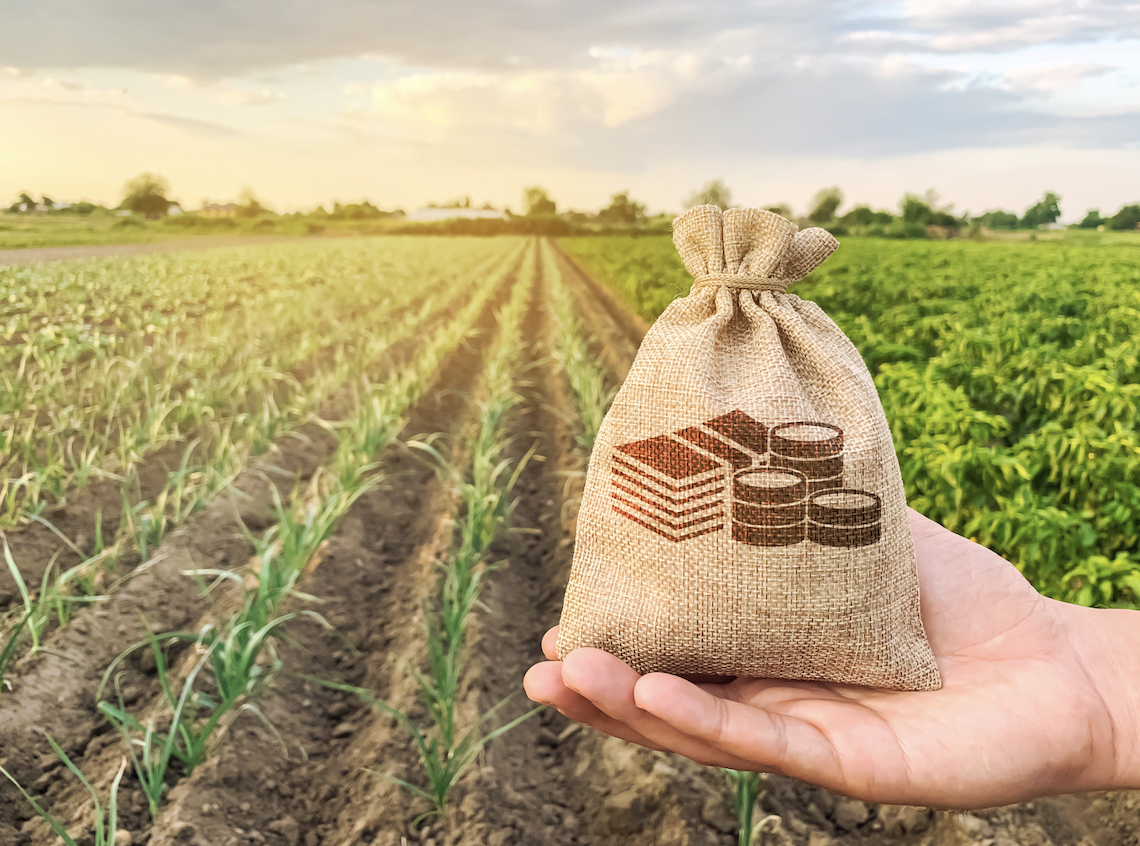
How To Get A Small Farm Grant: Agristarter Loans
Operated by the Regional Investment Corporation (RIC), Agristarter Loans come in two types: first farmer (for individuals seeking to purchase, establish, or develop a business in which they hold sole/controlling interest); and succession (for businesses anticipating or undertaking succession arrangements). The program offers loans of up to $2 million.
You can find more about the eligibility for the program and apply for it here.
How To Get A Small Farm Grant: New Business Assistance With NEIS
The New Business Assistance with NEIS program provides support to people interested in starting their own business or who need help to refocus an existing micro-business. It provides training for people interested in self-employment, benefiting both newcomers to agribusiness and existing entrepreneurs.
You can find more about the eligibility for the program and apply for it here.
How To Get A Small Farm Grant: Young Farmer Duty Exemption or Concession
The goal of the Young Farmer Duty Exemption or Concession is to provide young farmers in Victoria with a duty exemption or concession when buying their first farm. Transfers of land will be eligible for a full exemption from duty if the farmland is valued at $600,000; or less or a concession from duty if the farmland is valued at $600,001 to $750,000. It is necessary for applicants to be under 35 at the time of transfer.
You can find out more about the eligibility of the program and apply for it here.
How To Get A Small Farm Grant: Emissions Reduction Fund
The Emissions Reduction Fund (ERF) is an ongoing scheme that provides opportunities for farmers and land managers to take part in emission reduction and carbon sequestration (capture and storage of carbon) projects as a source of additional income.
You can find more about the eligibility for the program and apply for it here.
How To Get A Small Farm Grant: Wine Tourism And Cellar Door Grant
The Wine Tourism and Cellar Door Grant program intends to financially support vinicultural producers who add value to the industry by encouraging tourists to visit their wine regions. The program has $10 million in annual funding available and provides grants of up to $100,000 to eligible producers.
You can find more about the eligibility for the program and apply for it here.
How To Get A Small Farm Grant: Smart Farms
The Smart Farms program funds organisations and individuals to undertake sustainable agricultural projects that will adopt best practice natural resource management methods. Grants range from $5,000 to $200,000.
You can find more about the eligibility for the program and apply for it here.
How To Lease Farmland: Farmbuy.com Guide
Leasing farmland is forecast to become increasingly common in the Australian agricultural sector, as farmers seek to expand in an environment of limited purchasing opportunities.
It’s estimated around 28 per cent of farmers across the country already lease some proportion of their operated area – a level that is expected to increase significantly as more and more farmers retire from the industry and agricultural land becomes more attractive as an investment class.

According to “knowledge exchange platform” Farm Table, the benefits of leasing include:
- Expanding your business without the huge upfront capital cost of buying land
- Better matching your resources to land under operation, especially reducing costs per hectare as fixed costs are spread over a larger productive land area
- Enabling a form of income for the landowner
- A transition tool for older and younger farmers by enabling an existing landowner to scale back operations, while giving someone else the opportunity to scale theirs up.
Farm Table says some of the most common types of lease are fixed cash, flexible cash or share lease:
- Fixed cash: the tenant pays a fixed amount of rent/hectare on a monthly, bi-annually or yearly basis
- Flexible cash lease: this is a variation to the above and involves the final rental payment being tied to the actual yield and/or selling price of the commodity
- Crop or livestock share lease: the landowner may supply some of the production inputs (eg seed, labour, chemical, fertiliser, equipment, feed etc) and then receive a portion of the final crop or livestock income/weight gain.
To calculate a fair lease rate, Farm Table suggests considering two key options:
- Rate of return method: This method is based on a percentage of land value and may not necessarily be tied to profitability. While there is no prescriptive method, generally lease values are reasonably stable between 5–9 per cent of land value.
- Percentage of expected return: This may be based on a gross margin analysis or rate/unit of production (ie $/DSE). Rates of 25-30 per cent of gross margin are often applied to calculate the lease payment per this approach.
For more information, including a handy checklist before entering a lease, click here.
Or click here to check out more than 100 rural properties currently for sale on farmbuy.com with leases either already in place or with the possibility for such arrangements.
How To Make Money On A Small Farm: Farmbuy.com Buyers' Guide
If you’re looking to generate an income from a small farm you’ll need to consider purchasing a larger block of land - a farmlet, or even a small farm, of at least 10 hectares if not more. Ideally, you should also look at ways to supplement your income as you’re getting your farm on its feet, and even afterwards to serve as another revenue stream.

Your budget, the location and the climate will be important to consider when buying a small farm or hobby farm, especially if you’re considering having livestock or growing crops. If you have decided on livestock, bear in mind that you may need to invest in infrastructure such as fencing, yards, barns and loading ramps may be required. If crops are your preferred option, soil, irrigation and machinery are must all be considered
To maximise income consider some of the following ideas.
Grow a niche product for sale
Focus on producing niche products that are in demand, not catered for by larger farmers and, ideally, attract a high return per hectare.
These could include free range goats, pigs or poultry; marron or yabbies; heirloom vegetables; mushrooms, microgreens; ginseng, lavender, saffron; flowers; or duck eggs. You could also consider breeding fancy chickens for pets.
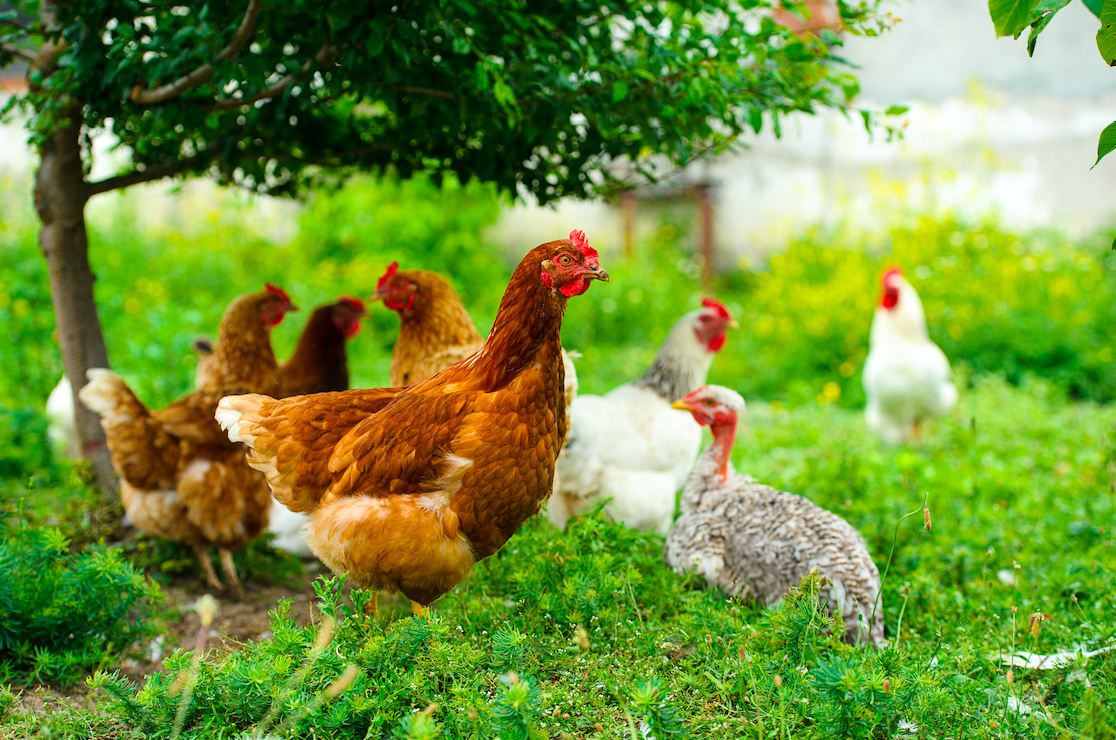
Tourism
Agritourism is a great opportunity for small farmers to make some extra income – especially with new online platforms like AirBnB making it simpler than ever to rent out a spare room or self-contained accommodation like a granny flat for guests.
Options range from basic, family style self-catering accommodation through to a luxury experience in a renovated farm cottage, with a cooked farm-style breakfast.
There’s also the option of making your small farm a glamping destination by investing in high-quality camp-based accommodation such as permanent safari tents.
Offering farm experiences is another income-generating opportunity. Depending on the capacity of your small farm and your own skills, you could offer farm tourism experiences such as: cooking classes using local produce; cheese making or preserves; butchery; permaculture gardening; tree grafting; woodturning and metalworking; and trail riding.
Sell at farmers’ markets
Selling produce or value-added products at farmers’ market is a great opportunity to make some income from your farm – and direct to the customer without any middleman taking a share.
Farmers’ markets are on the rise all around Australia including in suburbs where more people have high disposable incomes and are willing to pay for quality.
It’s worth doing some research by visiting local markets to see what’s on offer and the prices being charges before working out if this will be a profitable avenue for you.
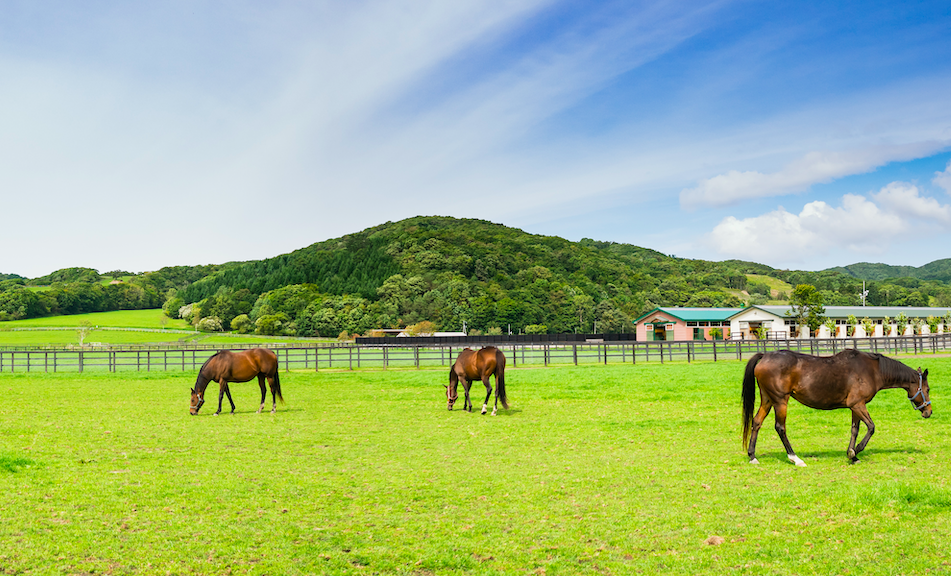
Adjistment
Providing agistment services for horse owners that don’t have the land to keep horses themselves can be a good income source, especially in semi-urban areas near major cities.
On top of initial set-up costs such as adequate pasture, shelter and fencing, insurance, water costs and infrastructure maintenance are three things to cost out when planning how much to charge for agistment services.
When agisting your property to a stock owner there are two popular options with regard to income: price per head of stock; and price per acre.
Carbon Farming
Administered by the Clean Energy Regulator, the Emissions Reduction Fund (ERF) is an ongoing scheme that provides opportunities for farmers and land managers to take part in emission reduction and carbon sequestration (capture and storage of carbon) projects.
The aim of the ERF is to reduce emissions in accordance with the reduction target of 26-28% below 2005 levels by 2030. Australian Government will purchase lowest-cost emissions reductions and sequestered carbon from across the economy.
Program participants can earn one ACCU for each tonne of carbon dioxide equivalent stored or avoided by a project. Landowners and farmers who adopt ERF approved methods can sell their ACCUs for additional or alternative income.
How To Sell A Farm: Farmbuy.com Guide
From Central Queensland in the north, down to the Hunter Valley in the south, and across to Young in the west of NSW, property agents agree on one thing: specialist rural property website farmbuy.com delivers better results than mass-market platforms domain.com.au and realestate.com.au when trying to sell a farm – for a fraction of the price.

When tasked by a European family office with the divestment of the 21,900-hectare ‘THF Portfolio’ in Central Queensland, Ben Craw, managing director of Sydney-based corporate advisory firm Oxley Capital Partners, found farmbuy.com the “the best listing site we used”. Craw found the website easy to navigate and use and says he was especially attracted to its unique market position as a specialist rural real estate platform that generates direct buyer enquiries.
“There’s less friction in the process – you’ve got buyers coming direct to you. And I really like the ability to link from farmbuy.com back to the website we built specifically for the sale campaign,” he says.
Following a three-month sale campaign the five properties sold principally to local and district investors for an overall sale value of approximately $100 million.
Similarly, property agent Ben Lawson says he’ll “definitely” include farmbuy.com in all future rural property marketing campaigns after selling a Hunter Valley lifestyle property in record time and for a record price.
The listing, bolstered by a ‘Platinum Showcase’ package comprising supporting editorial, and amplified via organic and paid social media posts and EDM, achieved strong reach, engagement and enquiry levels, he says.
“It was the first time I’ve used farmbuy.com, and I was very impressed by the result we got from it. I found it was as good if not better than realestate.com.au and certainly better than domain.com.au,” says Lawson, the Principal and Managing Director of PRD Central Coast and PRD Morisset.
“What attracted us to it was it was specifically targeted at people looking at rural and lifestyle properties.”
Christian Rowan of LJ Hooker Young also found farmbuy.com outperformed generalist real estate websites domain.com.au and realestate.com.au on a cost-per-lead basis in a recent marketing campaign for a landmark cropping property at Young in south-central NSW.
He says he was “pleasantly surprised” at how well farmbuy.com worked. The marketing campaign – incorporating a premium listing amplified via web, social and EDM channels – generated more leads than domain.com.au and on par with realestate.com.au, he says.
Importantly, he says the cost per lead was lower on farmbuy.com.
“As a result, I’m looking forward to working with farmbuy.com in the future,” he adds.
To sell your farm on farmbuy.com click here.
How To Start A Cattle Farm: Farmbuy.com Guide
In farming parlance, a cattle station is a large landholding used for producing livestock, predominantly beef, sheep and goats, that need an extensive range of grazing land.
Cattle stations are predominately focused on a particular livestock production and as result are known colloquially as sheep stations or cattle stations as most are stock specific, dependent upon the country and rainfall. However, in areas where water is more plentiful through irrigation and water licences some cattle stations will diversify into cropping.
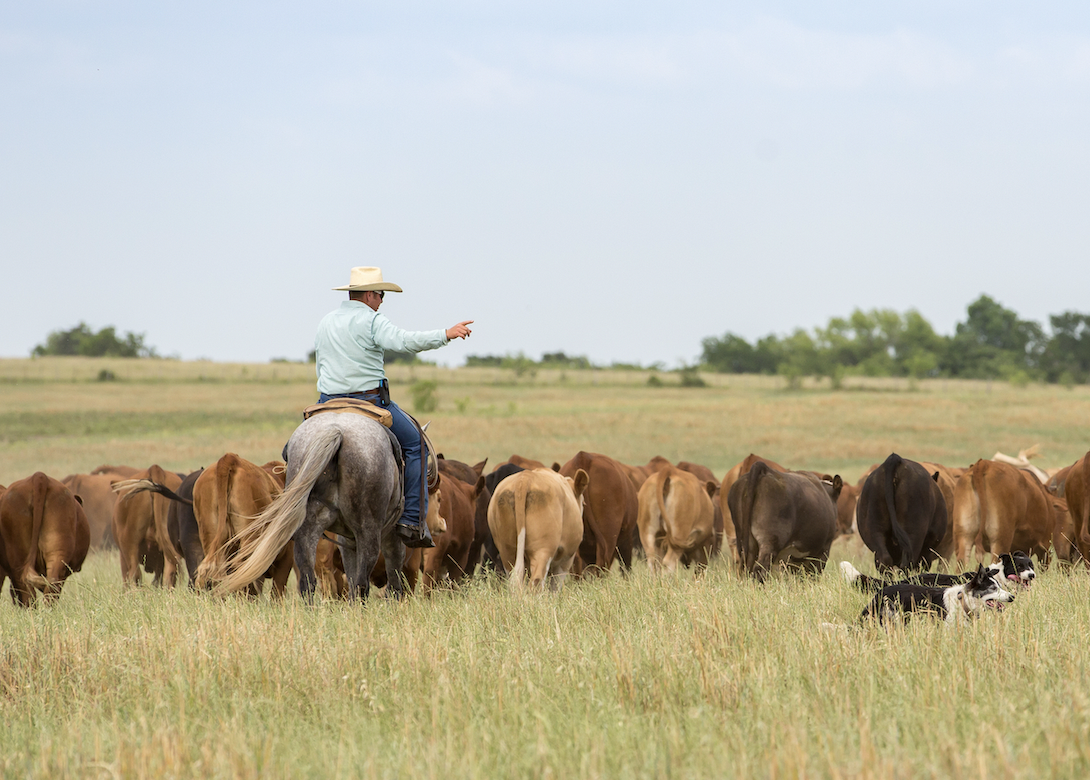
Geographically there are cattle stations for sale throughout Australia with QLD, WA, NT, SA, NSW and VIC all having large areas occupied by this agricultural grazing land. They are normally situated in inland Australia and the central regions of most states.
If you’re looking to buy land to start a cattle station – large or small, you should realistically and honestly assess your expectations and capabilities.
“The Rural Living Handbook”, produced by NSW government agency Local Land Services, provides a useful guide to starting and/or purchasing a farm. It advises asking yourself the following questions before you buy.
- Are you buying the property more for lifestyle reasons? Or do you plan to improve the property and receive an income from it? If so, have you done a cost‑benefit analysis? For instance, how many stock do you need to carry in order to be viable and can the property support that?
- Does the zoning of the land allow your proposed use, or will you need to apply for a change of land use or any other permit? If there is no existing dwelling and you want one, does the land have a dwelling entitlement?
- Is the activity you plan for the property suited to the landscape and capability of the land? Is there enough water of suitable quality to sustain the activity that you have in mind? Is the soil fertile and the pH appropriate for growing pasture, crops and any other produce that you want to grow?
- Are there good quality pastures? Are they dominated by native or introduced species? Is there enough shade and water for stock?
- Do you know the history of the property? What stock did the previous owner have? Did they sow pastures and use fertilisers? Are there any contaminated sites on the property such as cattle dips or rubbish dumps needing remediation?
- Are there any structures on the property and if so, what condition are they in? Are the fences in good repair and suitable for confining stock if that is part of your plan?
- Are there pest animals (eg rabbits, foxes) on the property? Are there threatened species of flora and fauna on or near the property?
- Have you requested a sheep and/or cattle health declaration from the vendor? This can tell you important information about livestock diseases that might affect the ongoing use of the land.
- Are there existing or proposed adjacent land uses that will affect your use of the property? For example, quarries, mines and/or forestry that produce dust, odours or noise?
- Are there any outstanding weeds notices on the property?
For a more comprehensive guide to starting and buying a farm click here.
Plus check out almost 150 cattle properties for sale on farmbuy.com here.
How To Start A Hobby Farm: A Farmbuy.com Guide
Starting a hobby farm and making a “tree change” is becoming less of a dream and more of a reality for many Australians. But there are many things to consider during the planning stages of starting and/or buying a hobby farm.

How To Start A Hobby Farm: Research And Planning
Be clear on your objectives. Is your desire to start or buy a hobby farm based on lifestyle or income generation?
If it’s lifestyle, then you’ll be looking at a smaller block of land - perhaps only a few acres. Consider what farming pursuits will be fulfilling for you. Keeping chickens to get free-range eggs, raising bees for honey, or growing your own fruit and vegetables can be satisfying.
Your budget, the location and the climate will be important to consider when buying a hobby farm, especially if you’re considering having livestock or growing crops. If you have decided on livestock, you should also bear in mind that you may need to invest in infrastructure such as fencing, yards, barns and loading ramps.
If crops are your preferred option, soil, irrigation and machinery are must all be considered.
How To Start A Hobby Farm: Talk To The Experts
Having a chat with someone who has started or bought a hobby farm can be invaluable and very reassuring. Ask around your local community for a contact who fits the brief. Your local real estate agent is also a great place to start. Finding the right real estate agent who specialises in hobby farms is important.
How To Buy A Hobby Farm: Due Diligence
Knowing your property’s distance from the nearest town or city will be important if you’ll be undertaking part-time employment, and also for daily tasks like shopping or taking the kids to school. You also need to be aware of the quality of the local infrastructure like communications and roads.
Getting the right tax advice is a non-negotiable. You can visit the ATO website, but most of all you must get advice from a qualified tax advisor.
How To Buy A Hobby Farm: Financial Plan
Even if your primary goal for your farm is for it to be a rural lifestyle property, you should still consider options for revenue generation. Like any investment, you should aim to minimise debt or, if possible, not incur debt at all. Creative solutions like making your property available for agistment are clever options that may help you to earn revenue in the early stages.
This checklist provides a fairly comprehensive guide to starting and/or purchasing a farm.
How To Buy A Hobby Farm: Farmbuy.com
As Australia's leading specialist rural real estate website, farmbuy.com has almost 600 hobby farms and small farms currently for sale - check them out below!
Search hobby farms for sale and small farms for sale in NSW
Search hobby farms for sale and small farms for sale in VIC
Search hobby farms for sale and small farms for sale in NT
Search hobby farms for sale and small farms for sale in QLD
Search hobby farms for sale and small farms for sale in SA
Search hobby farms for sale and small farms for sale in TAS
Search hobby farms for sale and small farms for sale in WA
How To Start A Small Horse Farm: Farmbuy.com Guide
If you’re looking to start a horse farm – or buy a horse property for sale - you need to be clear on your specific requirements. What are you planning to use your horses for?
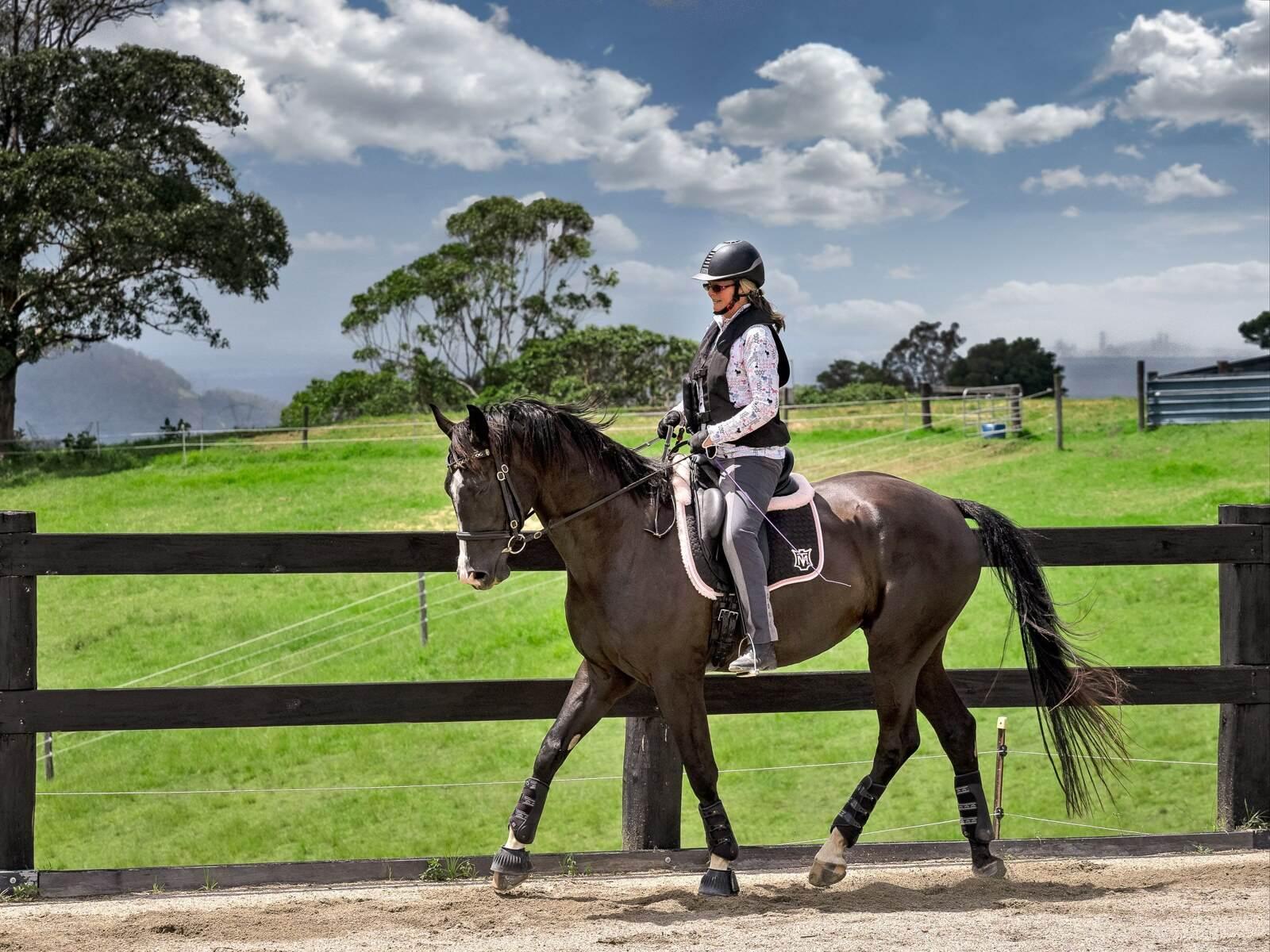
How To Start A Small Horse Farm: Pleasure Riding
If you’re just looking to keep a few horses or ponies for occasional trail rides or as pets, you’ll probably only need a farmlet or hobby farm without much acreage.
Facilities you may want to consider adding to your wish list for this kind of property include: a safely fenced paddock with shelter and food; a water source such as a dam; riding trails, either on the property or nearby; flat land, a round yard or a simple arena; and a shed or tack room to keep gear, hard feed, hay and rugs.
How To Start A Small Horse Farm: Competitive Riding
If you're an established competitor in dressage, eventing, show jumping, mounted games or similar equestrian sports, or if you’re looking to get into these sports, you’ll be looking for a slightly more specialised horse property for sale. You may also want more acreage.
Facilities you may want to consider adding to your Wishlist for this kind of property include: multiple fenced paddocks with feed, shelter, and possibly water (dam); a purpose-built dressage or jumping arena; a wash bay; a stable with a few stalls and a tack room; and a large paddock with a few logs and hills for strength conditioning and schooling.

How To Start A Small Horse Farm: Commercial Breeding
Commercial breeding is most commonly of thoroughbreds, who are bred to be racehorses. For commercial thoroughbred breeding, areas such Hunter Valley lead the way. You'll want a significant amount of land, enough for several hundred horses.
Facilities you may want to consider in a horse property for sale adding to your wish list for a horse stud property include: more than 20 hectares of fenced paddocks for spelling; a stable complex and parade ring; numerous day boxes and day yards; a swimming pool; fenced sand track for practice; offices for staff; large hay shed; and proximity to a local racecourse.
To check out the latest horse properties for sale at farmbuy.com click here.
How To Value Rural Property For Sale: Farmbuy.com Buyers' Guide
There are myriad methods and approaches used to value rural property, including farm performance data, seasonal conditions, commodity price fluctuations, buyer motivation, capitalisation rates, and locational advantages or disadvantages, according to Herron Todd White (HTW) National Director – Agribusiness and Advisory, Tim White.
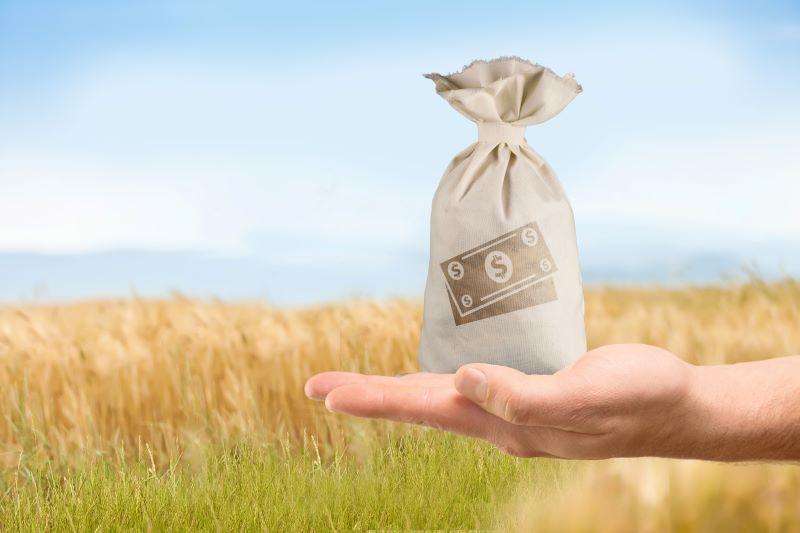
However, due to limited availability of such information, purchasers have historically based their decisions on direct comparison with sales of other, similar rural properties, coupled with their personal view of what return will be achieved from the property, White writes in an article published on the Grains Research and Development Corporation (GRDC) website.
Within the agricultural industry, White says some of the methodologies utilised to determine value include:
- Direct comparison: This requires the valuer to make adjustments, usually on a subjective basis, around the relative strengths and weaknesses of one property compared to another.
- Summation: This requires the valuer to further analyse the sales evidence in order to show separate levels for different land class types, irrigation water entitlements as well as structural improvements including dwellings. This information is then used to apply separate levels to the various components of the property being valued.
- Productivity: This approach is commonly used when valuing extensive grazing properties and requires the valuer to analyse the sales evidence to show a rate per unit of livestock able to be carried. This information is then used to determine the value of the property, based on an assessment of its carrying capacity. This approach is also useful when valuing intensive livestock industries such as piggeries or chicken farms.
- Income: This approach, which is the common way that commercial buildings are valued, requires an assessment of the likely future net return from a particular property, which is then capitalised at a yield that is determined from analyse of comparable sales. This approach is rarely, if ever, used.
- Discounted cash flow: This requires the valuer to model the expected income and net profit from a particular farm and then convert this expected income stream into an acceptable purchase price, based on the expectation of a particular rate of return. The discounted cash flow approach is generally regarded as a check method rather than prime method of valuation, due to the need to make assumptions around yield, commodity prices and operating expenses.
To read more, click here.
What Is A Farmlet: Farmbuy.com Buyers' Guide
There are more than 60,000 “small lifestyle farms” operating across Australia, occupying around 20 per cent of agricultural land, according to the Victorian Department of Primary Industries, and this percentage is only growing.
By definition, a farmlet – or hobby farm – is a block of land primarily used for residential purposes and generally less than 50 hectares. Farming may occur on the block but is usually conducted on a small scale, more as a recreation activity than for serious commercial gain.

With rural property, the majority of financial institutions consider anything over 50 acres as “commercial”. Commercial loans can come with higher interest rates and a higher capital input from the purchaser.
For instance, you might be required to raise 30 per cent of the value of the loan (LVR), so a $500,000 property could require you to have $150,000 (30 per cent) injection to a 70 per cent LVR.
From a tax perspective, the ATO says a farmlet or hobby farm becomes a “business” – with associated tax liabilities and concessions – when at least one of the following four criteria has been met:
- Produce assessable income of at least $20,000 during the year;
- Make a profit in three of the past five years (including the current year);
- Use land and buildings (“real” property) valued at $500,000 or more; or
- Use other assets (tractor, machinery, but not cars) valued at $100,000 or more.
Buying A Farmlet For Sale: Research, More Research And Plan
Once you’ve decided to buy a farmlet for sale, there are many things to consider.
Firstly, be clear on your objectives. Is your choice to buy a farmlet based on lifestyle or income generation? If it’s lifestyle or hobby, then you’ll be looking at a smaller block of land - perhaps only 10 hectares. Consider what farming pursuits will be fulfilling for you. Keeping chickens to get free-range eggs, raising bees for honey, or growing your own fruit and vegetables can be satisfying.

Your budget, the location and the climate will be important to consider when buying a farmlet, especially if you’re considering having livestock or growing crops. If you have decided on livestock, there are many types to consider, including cattle, sheep, goats and alpacas. You should also bear in mind that you may need to invest in infrastructure such as fencing, yards, barns and loading ramps may be required.
If crops are your preferred option, soil, irrigation and machinery are must all be considered.
Buying A Farmlet For Sale: Talk To The Experts
If you can get advice “straight from the horse’s mouth”, there is nothing better. Having a chat with someone who has bought a farmlet beforehand can be invaluable and very reassuring. Ask around your local community for a contact who fits the brief. Your local real estate agent is also a great place to start.
You will find that the farming community in whatever region you choose to purchase your rural lifestyle property is happy to help. Whether it’s during the research/planning stage or post purchase stage, never be afraid to ask for a hand.
Buying A Farmlet For Sale: Find The Right Agent
Finding the right real estate agent who specialises in farmlets and hobby farms in very important. With the right brief an experienced rural agent can help guide you through the process and ensure there are no surprises post sale.
Buying A Farmlet For Sale: Due Diligence
Whatever your plans are, you need to do a due diligence process. Knowing your property’s distance from the nearest town or city will be very important if you’ll be undertaking part-time employment, and also for daily tasks like shopping or taking the kids to school. You also need to be aware of the quality of the local infrastructure like communications and roads.
Getting the right tax advice is a non-negotiable. You can visit the ATO website, but most of all you must get advice from a qualified tax advisor.
Buying A Farmlet For Sale: Financial Plan
Even if your primary goal for your farm is for it to be a rural lifestyle property, you should still consider options for revenue generation. Like any investment, you should aim to minimise debt or, if possible, not incur debt at all.
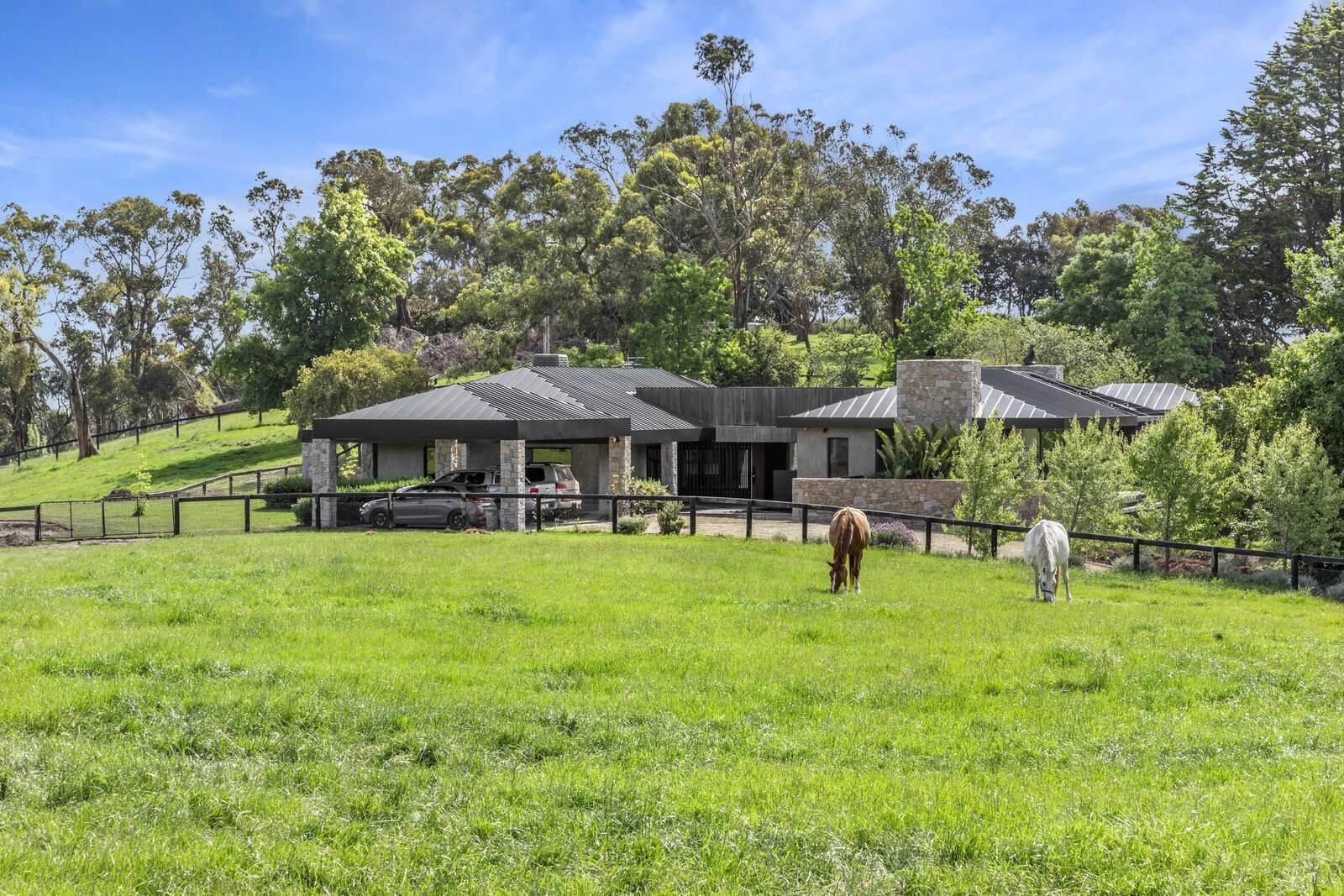
Creative solutions like making your property available for agistment are clever options that may help you to earn revenue in the early stages.
With the right plan and capital investment, buying a farmlet should be a sound long-term investment.
Buying A Farmlet For Sale: The Outcome
Buying a farmlet can be incredibly rewarding, life-changing experience. Some key things to remember includes not to take yourself too seriously - it takes time to gain farming experience.
Be mindful of your limits and get expert advice when you need it.
Profitability should be bonus not a must-have. And finally, commit to the local community they will be an excellent source of advice, support and friendship.
Search farmlets for sale, hobby farms for sale and small farms for sale in NSW
Search farmlets for sale, hobby farms for sale and small farms for sale in VIC
Search farmlets for sale, hobby farms for sale and small farms for sale in NT
Search farmlets for sale, hobby farms for sale and small farms for sale in QLD
Search farmlets for sale, hobby farms for sale and small farms for sale in SA
Search farmlets for sale, hobby farms for sale and small farms for sale in TAS
Search farmlets for sale, hobby farms for sale and small farms for sale in WA
What Is A Hobby Farm: Farmbuy.com Buyers' Guide
There are more than 60,000 “small lifestyle farms” operating across Australia, occupying around 20 per cent of agricultural land, according to the Victorian Department of Primary Industries, and this percentage is only growing.
By definition, hobby farms are blocks of land primarily used for residential purposes and are generally less than 50 hectares. Farming may occur on the blocks but is usually conducted on a small scale, more as a recreation activity than for serious commercial gain.

With rural property, the majority of financial institutions consider anything over 50 acres as “commercial”. Commercial loans can come with higher interest rates and a higher capital input from the purchaser. For instance, you might be required to raise 30 per cent of the value of the loan (LVR), so a $500,000 property could require you to have $150,000 (30 per cent) injection to a 70 per cent LVR.
From a tax perspective, the ATO says a hobby farm becomes a “business” – with associated tax liabilities and concessions – when at least one of the following four criteria has been met:
- Produce assessable income of at least $20,000 during the year;
- Make a profit in three of the past five years (including the current year);
- Use land and buildings (“real” property) valued at $500,000 or more; or
- Use other assets (tractor, machinery, but not cars) valued at $100,000 or more.
Buying A Hobby Farm For Sale: Research, More Research And Plan
Once you’ve decided to buy a hobby farm for sale, there are many things to consider.
Firstly, be clear on your objectives. Is your choice to buy a farm based on lifestyle or income generation? If it's lifestyle or hobby, then you'll be looking at a smaller block of land - perhaps only 10 hectares. Consider what farming pursuits will be fulfilling for you. Keeping chickens to get free-range eggs, raising bees for honey, or growing your own fruit and vegetables can be satisfying.

Your budget, the location and the climate will be important to consider when buying a hobby farm, especially if you’re considering having livestock or growing crops. If you have decided on livestock, there are many types to consider, including cattle, sheep, goats and alpacas. You should also bear in mind that you may need to invest in infrastructure such as fencing, yards, barns and loading ramps may be required.
If crops are your preferred option, soil, irrigation and machinery are must all be considered.
Buying A Hobby Farm For Sale: Talk To The Experts
If you can get advice “straight from the horse’s mouth”, there is nothing better. Having a chat with someone who has bought a hobby farm beforehand can be invaluable and very reassuring. Ask around your local community for a contact who fits the brief. Your local real estate agent is also a great place to start.
You will find that the farming community in whatever region you choose to purchase your rural lifestyle property is happy to help. Whether it’s during the research/planning stage or post purchase stage, never be afraid to ask for a hand.
Buying A Hobby Farm For Sale: Find The Right Agent
Finding the right real estate agent who specialises in rural properties in very important. With the right brief an experienced rural agent can help guide you through the process and ensure there are no surprises post sale.
Buying A Hobby Farm For Sale: Due Diligence
Whatever your plans are, you need to do a due diligence process. Knowing your property’s distance from the nearest town or city will be very important if you’ll be undertaking part-time employment, and also for daily tasks like shopping or taking the kids to school. You also need to be aware of the quality of the local infrastructure like communications and roads.
Getting the right tax advice is a non-negotiable. You can visit the ATO website, but most of all you must get advice from a qualified tax advisor.
Buying A Hobby Farm For Sale: Financial Plan
Even if your primary goal for your farm is for it to be a rural lifestyle property, you should still consider options for revenue generation. Like any investment, you should aim to minimise debt or, if possible, not incur debt at all.

Creative solutions like making your property available for agistment are clever options that may help you to earn revenue in the early stages.
With the right plan and capital investment, buying a hobby farm should be a sound long-term investment.
Buying A Hobby Farm For Sale: The Outcome
Buying a hobby farm can be incredibly rewarding, life-changing experience. Some key things to remember includes not to take yourself too seriously - it takes time to gain farming experience. Be mindful of your limits and get expert advice when you need it. Profitability should be bonus not a must-have. And finally, commit to the local community they will be an excellent source of advice, support and friendship.
Search hobby farms for sale and small farms for sale in NSW
Search hobby farms for sale and small farms for sale in VIC
Search hobby farms for sale and small farms for sale in NT
Search hobby farms for sale and small farms for sale in QLD
Search hobby farms for sale and small farms for sale in SA
Search hobby farms for sale and small farms for sale in TAS
Search hobby farms for sale and small farms for sale in WA

